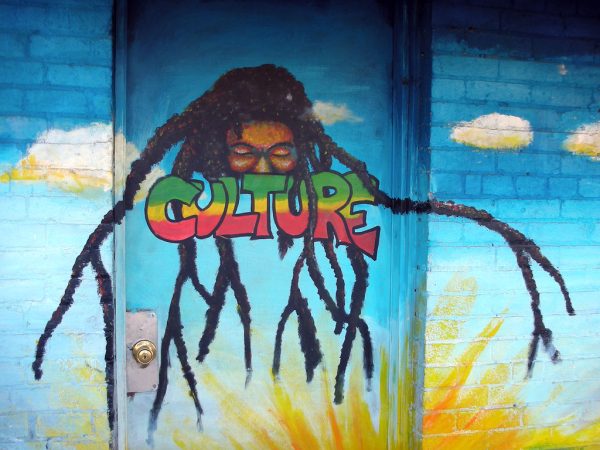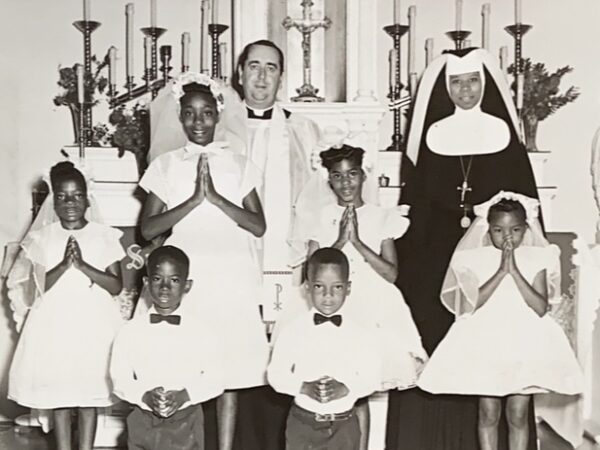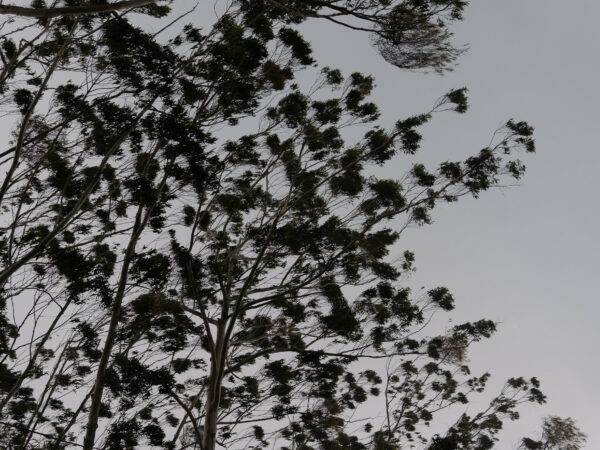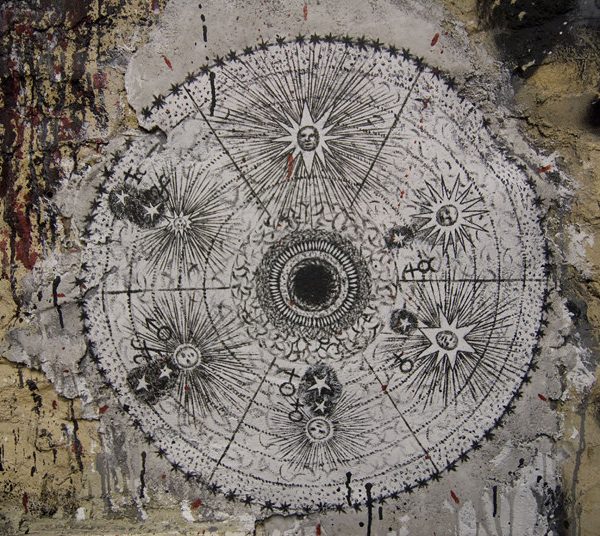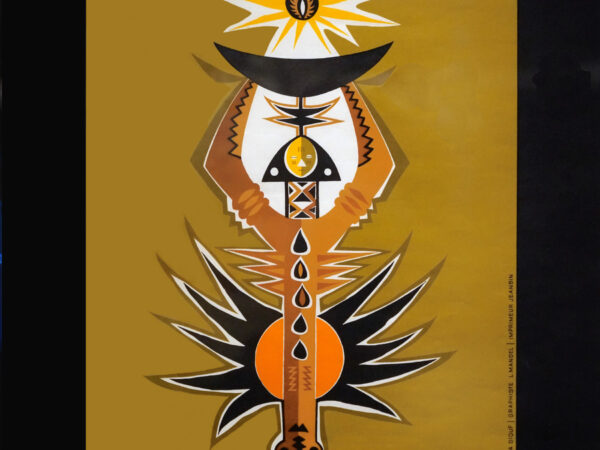
In his book Senghor’s Eucharist, introduced here, David Tonghou Ngong focuses on Senghor’s poetry collection called Black Hosts as a starting point for understanding his political theology. He argues that Black Hosts is a Eucharistic theology that calls for the reclamation of the Eucharist for the remaking of the world.
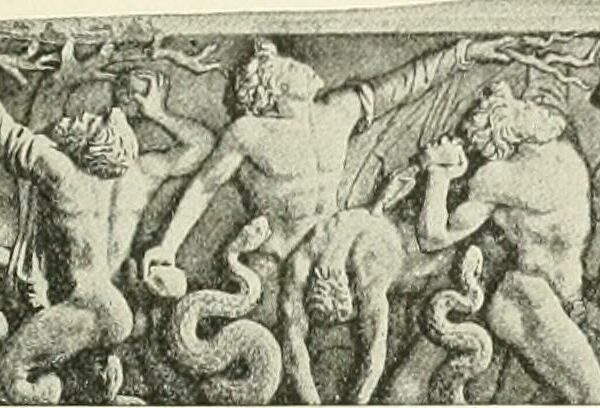
[S]ituating demonology more fully in its religious and theological contexts furnishes resources that not only nuance understandings of movements for whom demonization is central, but also recontextualize discussions of core political theological concepts, including sovereignty, power, economy, subjectivity, and freedom.
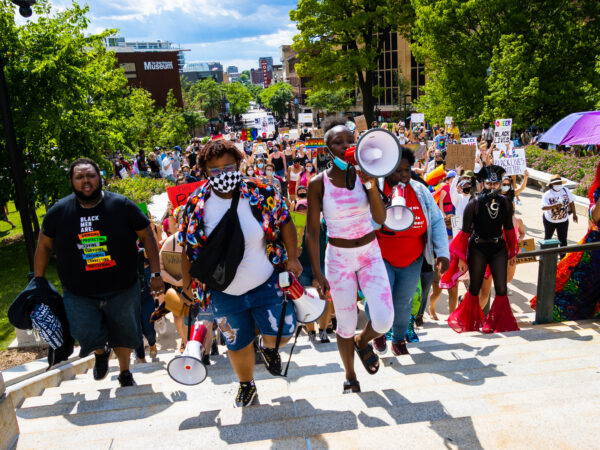
Because of its deployments within white supremacist and heteronormative projects, the natural law has not been seen as a partner in liberative ethical projects. Considerations with respect to José Muñoz’s concepts of disidentification and brownness, however, allow for a rapprochement between queer-of-color epistemologies and a Thomistic epistemology of the natural law.
